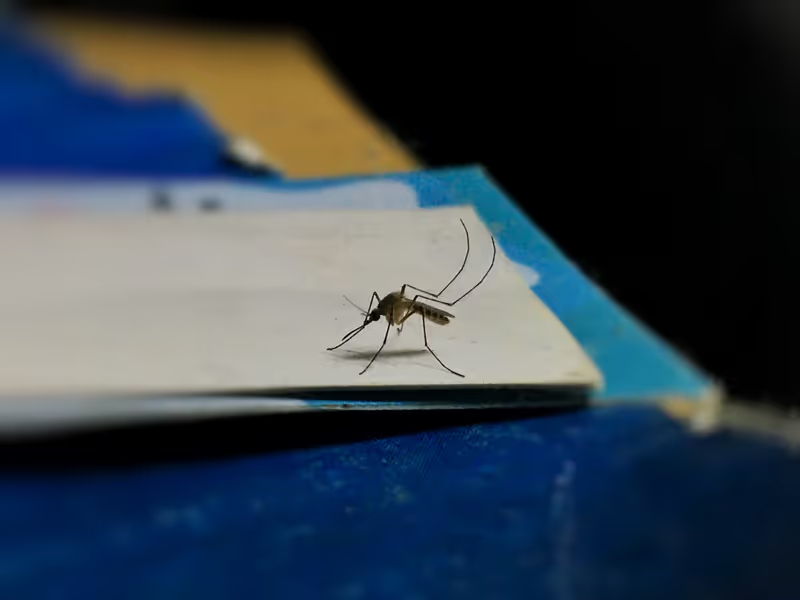Avian Flu Outbreak Wipes Out Over 50M US Birds
According to data released on Thursday from the US Dept. of Agriculture, an unprecedented outbreak of avian flu, which began in February, has so far killed over 50M birds in the US – a record high.

Facts
- According to data released on Thursday from the US Dept. of Agriculture, an unprecedented outbreak of avian flu, which began in February, has so far killed over 50M birds in the US – a record high.
- The country's deadliest outbreak — spread across 46 states — has reportedly wiped out more than 8M turkeys, leading to a stunted supply of eggs and record-high turkey meat prices, contributing to expensive Thanksgiving celebrations this year.
- Known as highly pathogenic avian influenza (HPAI), the disease is primarily transmitted through migrating wild birds through their feces, feathers, or direct contact with poultry flocks. This year's outbreak has reportedly seen 85% of cases originate from wild birds.
- While transmission to humans is rare, according to a CDC report, people can become infected if the virus gets into their eyes, nose, or mouth through the air, dust, or unprotected contact with an infected bird. The prognosis ranges from no symptoms to death.
- Meanwhile, birds usually die after becoming infected, and entire flocks are culled to prevent the disease from spreading.
- Other parts of the world, including mainland Europe and the UK, are also experiencing an avian flu outbreak, causing a disruption in supplies.
Sources: Reuters, USDA, CDC, and Forbes Advocate.
Narratives
- Narrative A, as provided by Action for Animal Health. While HPAI is currently mostly contained to birds, there's no telling how quickly this could change. It's a rapidly evolving disease that — as more and more people become infected — could very likely become the next global pandemic. It's time to be proactive rather than reactive and ramp up investment in animal health systems.
- Narrative B, as provided by CBS. Research has shown that bird flu poses a minute risk to humans, and — while every precaution should be taken — the media needs to be careful not to spread alarmism needlessly. Rather than focusing on manufactured problems, there needs to be a concerted effort to fight the existing effects of this outbreak on people's livelihoods in an already tumultuous economic environment.






